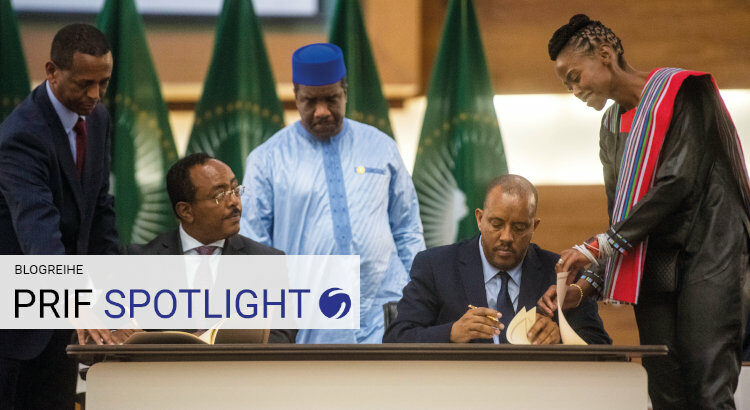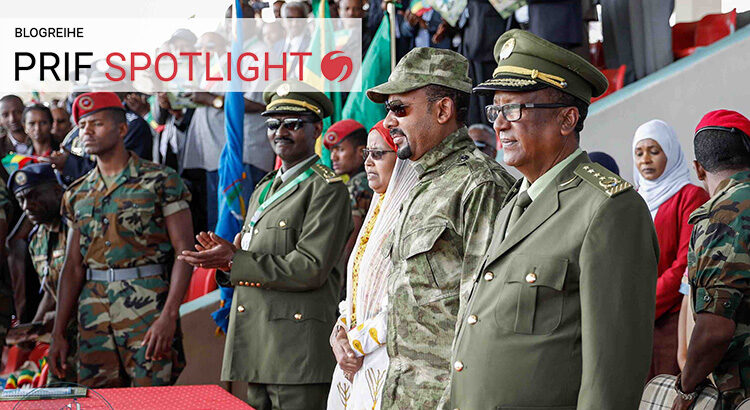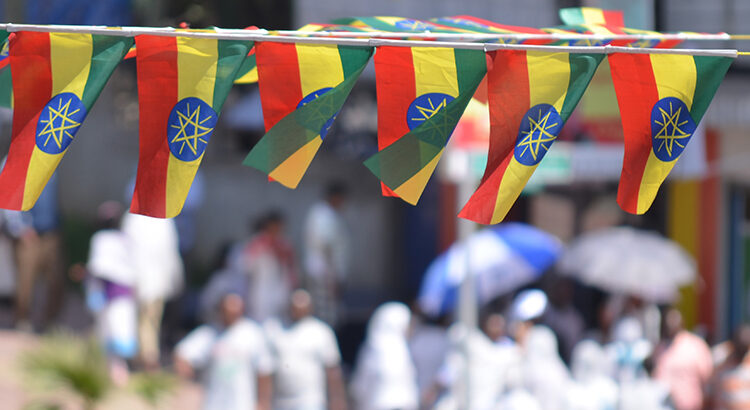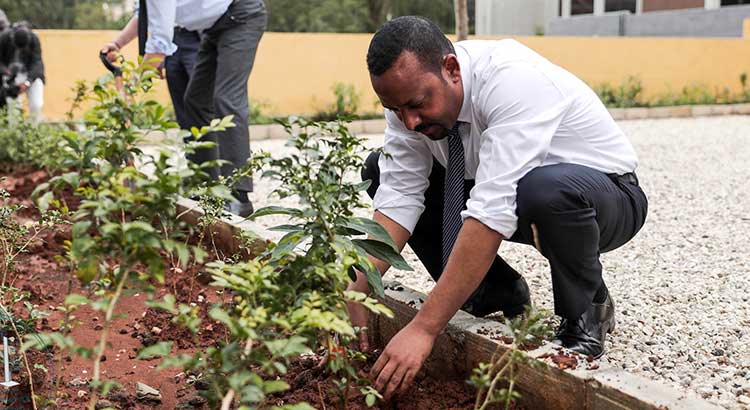On November 2, 2022, the Ethiopian federal government and representatives of the Tigrayan rebels concluded an agreement intended to end the devastating civil war in the region. What some consider to be the world’s deadliest active conflict has caused tens of thousands battle-related fatalities and even more civilian victims due to famine and lack of medical service during the last two years. This Spotlight discusses the prospects of the current peace agreement and potential pitfalls that may undermine its stability.
Schlagwort: Äthiopien

Internet Shutdowns in Ethiopia: The Weapon of Choice
Internet shutdowns refer to deliberate disruptions of entire channels of digital communications, typically ordered by state authorities to exert control over the flow of information within a given area. Being a recurring feature since 2016, the use of internet shutdowns in Ethiopia has further intensified under the prime minister Abiy Ahmed. While advocacy groups accuse Abiy’s regime of instrumentalising shutdowns as a tool of information control, this blog post suggests there are two additional strategic motives for how the incumbent government might be using them – a military tactic against opposition groups and a repressive measure against unruly regions.
Civil War in Ethiopia. The Instrumentalization and Politicization of Identity
For more than a year, the civil war between the Ethiopian government and the Tigray People’s Liberation Front (TPLF) has been causing severe human suffering and fatalities in the thousands. According to the Office of the United Nations High Commissioner for Human Rights, both conflict parties have committed serious human rights violations. This Spotlight shows how the shifting dynamics of ethnic power relations and the strategy of elite management pursued by Prime Minister Abiy Ahmed contributed to the escalation of violence.
„The Future is Bright“ – A Way Forward for the Tigray Conflict
Since a few weeks, we observe violent clashes between government forces and local authorities in Tigray, a region in Northern Ethiopia. The Central Government under the rule of Prime Minister Abiy Ahmed has sent military troops into the region in order to implement law enforcement measures. To understand the conflict and to discuss ways forward, Samantha Ruppel talked with Dr. Yonas Adaye Adeto, Director and Assistant Professor of Peacebuilding and Security Governance in Africa at the Institute for Peace and Security Studies (IPSS) at Addis Ababa University. In the interview, Dr. Adeto argues that ethnic politics is the root cause of the conflict and describes the most important aspects of a successful conflict resolution.
Abiy Ahmed and His Achievements in Ethiopia. From Lost Hope to New Optimism with the “Medemer” Concept?
Ethiopian Prime Minister Dr. Abiy Ahmed received the 100th Noble Peace Price for his efforts to achieve peace with Eritrea. Indeed, he should be recognized for this achievement. This peace deal opens doors to sustain peace in a region which is pinpointed as one of the most conflict-prone regions of the world. He stepped into re-building strained relationships between Eritrea and Djibouti, Eritrea and Somalia, as well as Eritrea and Sudan. Without diminishing these regional achievements, this post aims to highlight his work towards establishing peace in Ethiopia by introducing the “Medemer” concept – at a time when Ethiopia was on the verge of a civil war.




